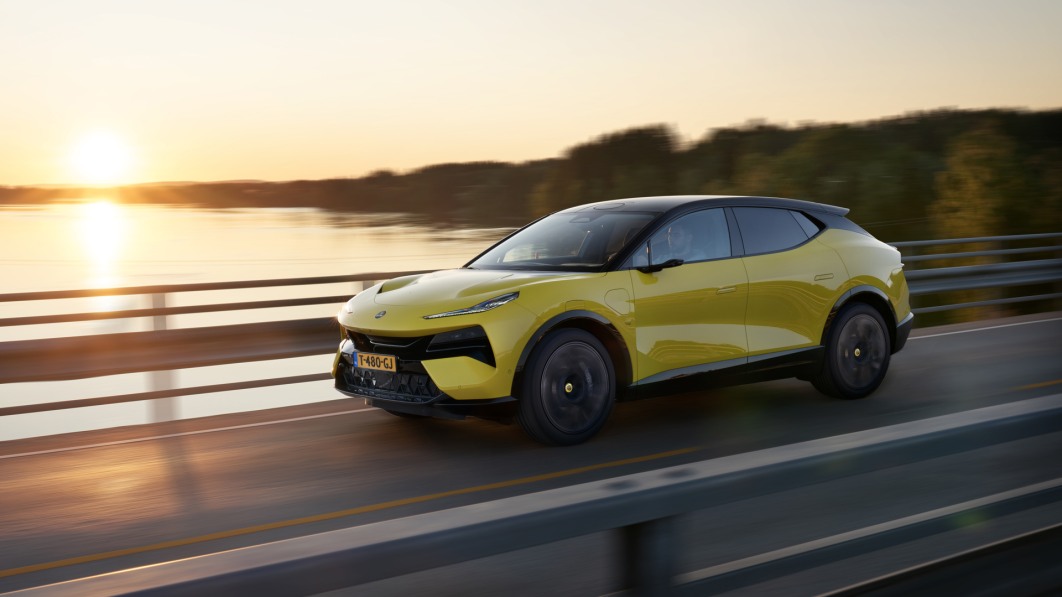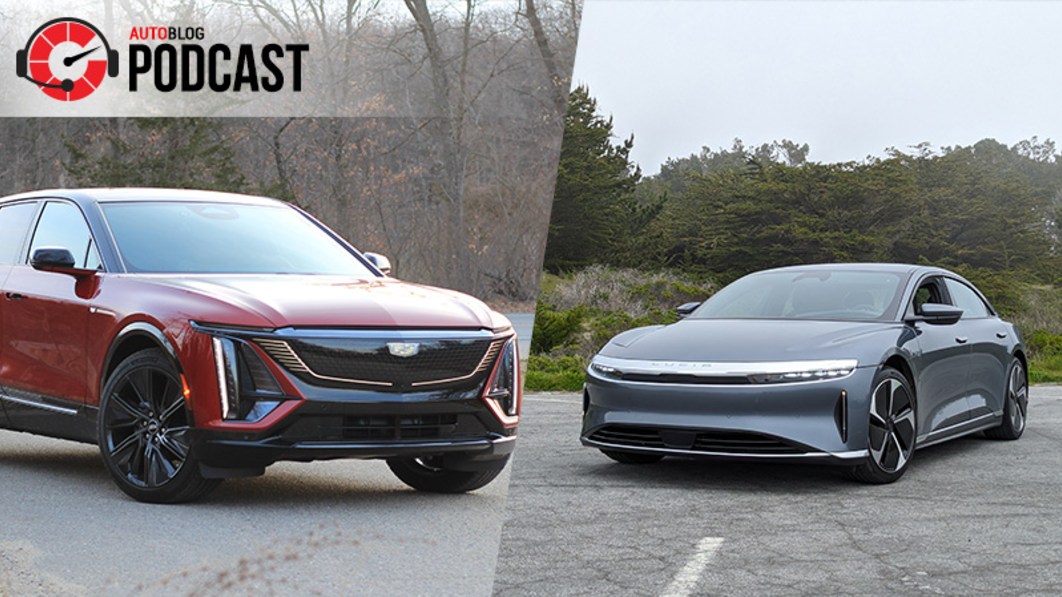
GM Picks Up The Electric Pickup Truck Torch Dropped By Cybertruck


Filed under: Green,Lotus,Car Buying,SUV,Electric,Luxury,Performance

Continue reading Lotus Eletre will land at U.S. dealers starting at $107,000
Lotus Eletre will land at U.S. dealers starting at $107,000 originally appeared on Autoblog on Fri, 19 Apr 2024 16:26:00 EDT. Please see our terms for use of feeds.
Permalink | Email this | Comments

Filed under: Green,Podcasts,Cadillac,Ford,GM,Hyundai,Mazda,Tesla,Truck,Coupe,Crossover,SUV,Electric,Hybrid,Luxury,Performance,Sedan,Infrastructure,Lucid
 Mustang gets a 60th anniversary present, and the Cybertruck has a pedal problem
Mustang gets a 60th anniversary present, and the Cybertruck has a pedal problem
Driving the Cadillac Lyriq, Hyundai Santa Fe and a bunch of Lucid Airs | Autoblog Podcast #828 originally appeared on Autoblog on Fri, 19 Apr 2024 15:33:00 EDT. Please see our terms for use of feeds.
Permalink | Email this | Comments


Starting at $108,970, the Zeekr 009 Grand is a model that Zeekr said will make today's CEOs anxiety-free and more productive.
The post Zeekr launches luxury MPV Zeekr 009 Grand to target business owners and CEOs appeared first on CnEVPost.
For more articles, please visit CnEVPost.
The Zeekr 009 Glory Edition is offered in a single trim level for 109,000 USD. It is 4,000 USD cheaper than China-made Volvo EM90.
The post Zeekr 009 Glory Edition launched in China with 4 seats and 580 kW appeared first on CarNewsChina.com.